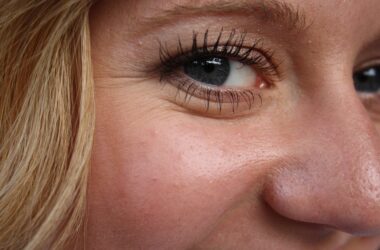Table of Contents
The Truth About Oily Skin: Separating Fact from Fiction
Oily skin is a common concern for many of us, but often, the advice we receive is based on myths and misconceptions. In this article, we’ll delve into the top 10 oily skin myths and debunk them, providing you with a clearer understanding of what works and what doesn’t. Whether you’re dealing with acne, blackheads, or just a perpetual shine, it’s time to separate fact from fiction and get the skin you deserve.
Myth #1: Oily Skin is Caused by Poor Hygiene
This myth claims that oily skin is a result of poor hygiene practices, such as not washing your face regularly enough or using harsh products. While it’s true that dirty skin can exacerbate acne, oily skin is primarily caused by hormonal fluctuations, genetics, and environmental factors. In fact, using harsh products can actually make oily skin worse by stripping the skin of its natural oils, leading to overproduction and more oil.
Myth #2: Oily Skin Means Your Skin is Healthy
This myth suggests that oily skin is a sign of healthy skin, as it’s able to produce its own oils. While it’s true that some oil production is natural and necessary, excessive oil production can lead to clogged pores, acne, and other skin issues. Oily skin doesn’t necessarily mean your skin is healthy; it can be a sign of imbalances in the skin’s natural pH, sebum production, or other underlying issues.
Myth #3: Oily Skin Can’t Be Cured
This myth claims that oily skin is a permanent condition and can’t be cured. While it’s true that oily skin can be challenging to manage, there are many effective treatments and products available that can help regulate sebum production and reduce oiliness. By addressing underlying causes, using the right products, and making lifestyle changes, it’s possible to achieve healthier, less oily skin.
Myth #4: Oily Skin is Just a Teenage Problem
This myth suggests that oily skin is only a concern for teenagers and will resolve on its own as we age. While it’s true that hormonal fluctuations during puberty can lead to oily skin, oily skin can affect people of all ages, including adults. Additionally, oily skin can be exacerbated by hormonal fluctuations during menstruation, pregnancy, or menopause, making it a concern for women and men alike.
Myth #5: Oily Skin Means You Need to Use Heavy Moisturizers
This myth claims that oily skin requires heavy, rich moisturizers to combat dryness. However, this can actually make oily skin worse by clogging pores and exacerbating acne. Instead, look for lightweight, oil-free moisturizers that won’t clog pores or add to the oiliness. Gently hydrating the skin with a water-based moisturizer can help regulate sebum production and reduce oiliness.
Myth #6: Oily Skin Means You Need to Avoid Oil-Based Products
This myth suggests that oily skin means you should avoid oil-based products altogether. However, some oil-based products, such as facial oils or serums, can actually help regulate sebum production and reduce oiliness. Look for products containing lightweight oils like jojoba, argan, or grapeseed oil, which can help balance the skin’s natural pH and provide hydration without clogging pores.
Myth #7: Oily Skin Means You Need to Exfoliate Daily
This myth claims that oily skin requires daily exfoliation to remove dead skin cells and unclog pores. However, over-exfoliating can strip the skin of its natural oils, leading to more oil production and exacerbating acne. Instead, exfoliate 1-2 times a week with a gentle, chemical-based exfoliant to remove dead skin cells and unclog pores without disrupting the skin’s natural pH.
Myth #8: Oily Skin is Caused by Stress
This myth suggests that stress causes oily skin, which may be true for some individuals. However, stress is not the primary cause of oily skin. Hormonal fluctuations, genetics, and environmental factors are more likely to contribute to oily skin. While stress can exacerbate skin issues, it’s not the sole cause of oily skin.
Myth #9: Oily Skin Means You’re Not Washing Your Face Enough
This myth claims that oily skin is a result of not washing your face enough, which is actually a myth. As mentioned earlier, oily skin is caused by hormonal fluctuations, genetics, and environmental factors. Washing your face too much or using harsh products can actually make oily skin worse by stripping the skin of its natural oils, leading to more oil production. Find a gentle, oil-free cleanser that effectively removes dirt and impurities without disrupting the skin’s natural pH.
Myth #10: Oily Skin Means You’re Unhealthy
This myth suggests that oily skin is a sign of poor health or poor lifestyle choices. However, oily skin is a normal skin type that can affect anyone, regardless of their health or lifestyle. It’s not a reflection of your overall health or wellness. By addressing underlying causes, using the right products, and making lifestyle changes, you can achieve healthier, less oily skin that’s free from acne, blackheads, and other skin issues.
Recommended Products
-
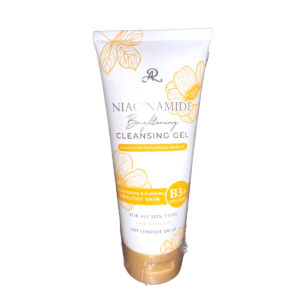 AR Niacinamide Brightening Cleansing Gel 190mlKD4.000
AR Niacinamide Brightening Cleansing Gel 190mlKD4.000 -
Product on sale
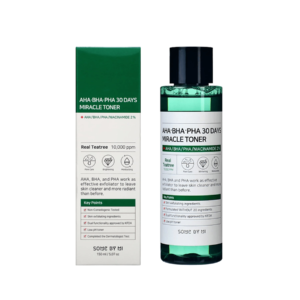 Some By Mi AHA BHA PHA 30 Days Miracle Toner – 150mlOriginal price was: KD9.490.KD8.000Current price is: KD8.000.
Some By Mi AHA BHA PHA 30 Days Miracle Toner – 150mlOriginal price was: KD9.490.KD8.000Current price is: KD8.000. -
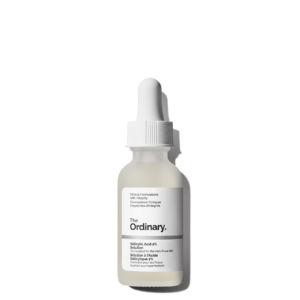 The Ordinary Salicylic Acid 2% Solution 30mLKD4.000
The Ordinary Salicylic Acid 2% Solution 30mLKD4.000 -
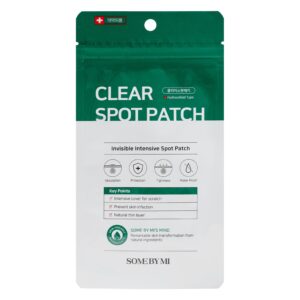 Some By Mi Clear Spot PatchKD4.000
Some By Mi Clear Spot PatchKD4.000 -
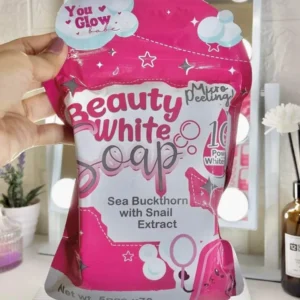 BEAUTY WHITE SOAP 5 Pcs x 70gKD5.000
BEAUTY WHITE SOAP 5 Pcs x 70gKD5.000 -
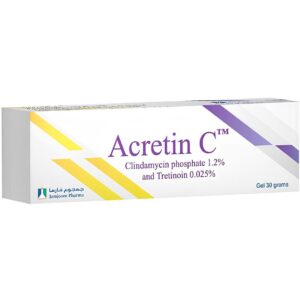 Acretin C 1.2%, 0.025% Gel 30 GmKD4.000
Acretin C 1.2%, 0.025% Gel 30 GmKD4.000 -
 Niacinamide Serum with Hyaluronic Acid by BMRS 30mL: Combat Blemishes and Boost HydrationKD3.000
Niacinamide Serum with Hyaluronic Acid by BMRS 30mL: Combat Blemishes and Boost HydrationKD3.000 -
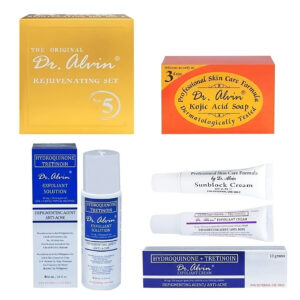 Dr. Alvin Rejuvenating Set No. 5 (Advance) – Hydroquinone + TretinoinKD7.000
Dr. Alvin Rejuvenating Set No. 5 (Advance) – Hydroquinone + TretinoinKD7.000 -
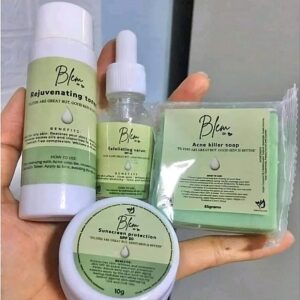 Rejuvenating Kit by Blem Dr.KD7.000
Rejuvenating Kit by Blem Dr.KD7.000




